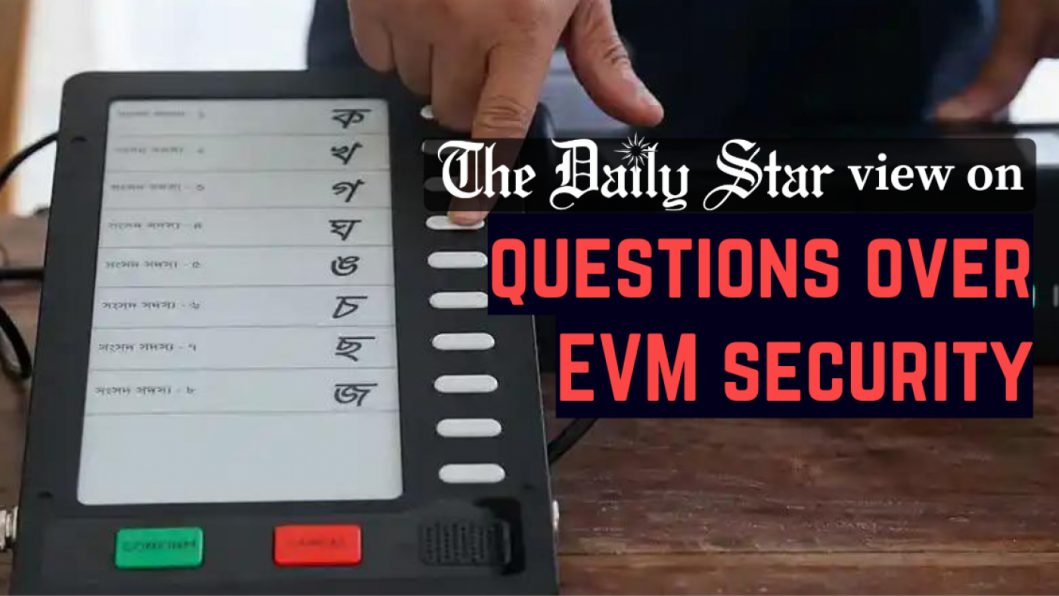August 30, 2022
DHAKA – In June this year, many had described the Cumilla City Corporation elections as a “trial run” for the Election Commission’s competence in organising polls, especially in terms of using electronic voting machines (EVMs). The results, unfortunately, left much to be desired. Not only did the EC fail to enforce electoral law when a local MP defied its code of conduct, but there was a great deal of controversy around the use of EVMs as well, leading to pandemonium during the declaration of results. The chaos surrounded the fact that there was no mechanism to audit or verify the results, or to question the influence of election officials operating the machines, regardless of how dubious said results might seem.
On what scientific basis did the EC decide on using EVMs? And how does it answer the questions being raised about its independence?
Civil society organisations are continuing to raise such concerns to this day. According to SHUJAN: Citizens for Good Governance, there is a huge lack of transparency surrounding EVMs, especially the audit cards via which election results are collected, and which can be tampered with in the absence of a voter-verifiable paper audit trail. There are also confusions over whether EVM software can be manipulated. Beyond that, there are worries that the provision for EVM overwrite by election officials – where the presiding officer is allowed to use the ballot when there are issues with the EVM registering fingerprints – could also be used to manipulate election results.

These concerns have been repeated by opposition political parties as well. However, we have not seen the EC take any concrete steps to set their minds at ease. In fact, the EC has declared that EVMs will be used in around 150 constituencies in the next general election. This will require the use of around 5 lakh audit cards, meaning it will be impossible to find the time and resources to run forensic analysis on such a huge number of cards to ensure they are not tampered with. On what scientific basis did the EC decide on using EVMs? And how does it answer the questions being raised about its independence?
The EC has claimed it will do everything to ensure free and fair elections. To this end, it has even held dialogues with opposition parties, but the decision regarding EVMs makes clear that their demands were taken lightly. Over the past week, we have also witnessed BNP rallies in multiple districts being systematically attacked by ruling party men, sometimes with the help of police. Does the EC still believe this is a conducive environment for free elections? And if not, what does it intend to do about it?
It is up to the EC to ensure that the people are able to cast their votes. Against the backdrop of increasing election violence and political repression, choosing a system of voting that has been roundly described by experts as dampening voter turnout is yet another wrong decision from an increasingly long list curated by the EC.


